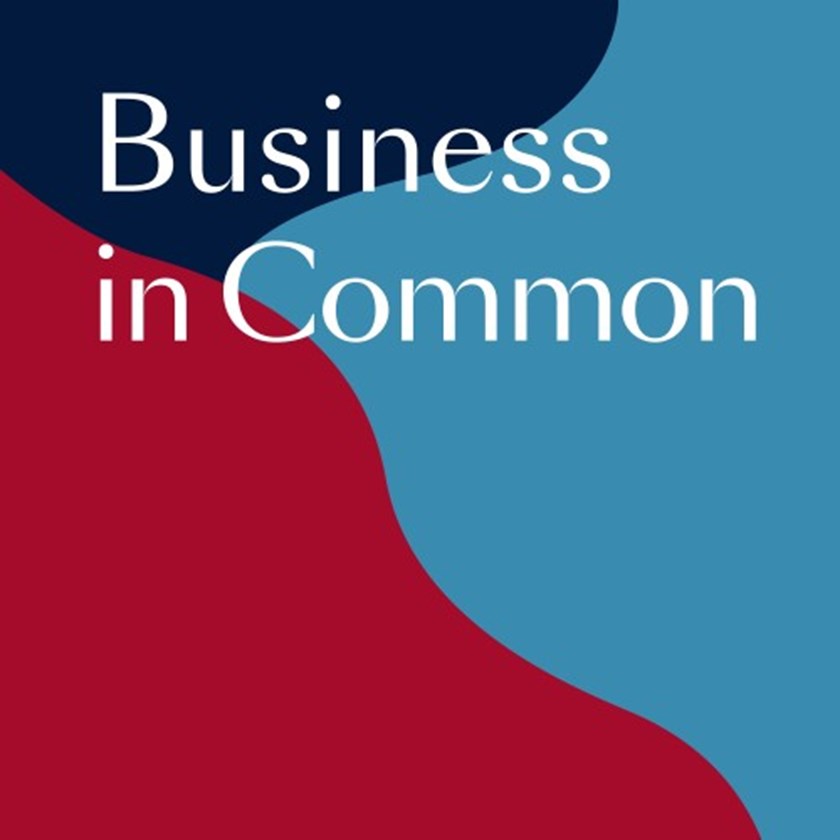The Digital Afterlife?
News

Every day, perhaps without realising it, we are creating an ever larger digital footprint of our personal and financial lives online. What happens to this when someone dies or loses mental capacity?
Leaving your treasured vinyl collection to your son or your family photo albums to your grandchildren used to be so easy. In a digital age, this often now 'intangible' property, may be buried beneath layers of cyber security, can be hard to locate and even harder to administer as the legal landscape has failed to keep up with the development of technology itself.
Today, an estimated £25 billion of our assets in the UK are held online in password protected 'cloud' storage solutions, iTunes and social media accounts. Each future generation will only add to this as technology penetrates further into our lives.
We are used to advising third party fiduciaries who are administering tangible property for a deceased or mentally incapacitated client such as property, bank accounts and investments. A paper trail generally reveals the extent and location of the deceased’s assets, with long-established laws governing how they should be administered, whether in the home jurisdiction or abroad. This is not the case with digital assets. There are some practical steps Private Client practitioners can take to help advise clients and fiduciaries and we highlight these below along with tips to follow in cases where Service Providers are less than helpful, which is often the case.
Issues for Fiduciaries
The duty of care owed by executors, trustees, attorneys and deputies when managing the affairs of others is complicated where digital assets are concerned.
Personal representatives have a duty to collect and preserve the deceased’s assets. How far do fiduciaries have to go to locate digital assets which may be embedded in emails or password-protected accounts? Even where someone has left an inventory of their accounts and passwords, accessing someone else’s account without specific authority arguably breaches section 1 of the Computer Misuse Act 1990, and could also contravene the Service Provider's Terms of Use. It may also breach various Computer Fraud and Abuse Acts in the United States or other local laws, depending on the jurisdiction which governs the account in question.
Complex jurisdictional issues can also arise in relation to copyright, privacy and data protection where the Service Provider is based outside the UK. Obtaining advice on the Terms of Use of overseas Service Providers to establish the fiduciaries’ rights, for example, may be disproportionately expensive compared to the value of the assets in question. It may also be that action against Service Providers for negligence could be one path to follow if private information cannot be access and managed. Issues of reputation and possible distress or financial loss may arise here, particularly for the estate of individuals who relied heavily on web based media and storage solutions for their personal and business lives.
Digital assets can have significant financial value and fiduciaries have a duty to establish their worth in order to exploit the estate as far as possible for the benefit of the beneficiaries, and to ensure the individual’s estate is administered correctly and any taxes paid.
The value of digital assets
Many digital assets are of predominantly sentimental value, for example memories stored on a laptop, in the ‘cloud’ or uploaded onto social media sites such as Facebook, Instagram or YouTube. Traditional media is now frequently purchased online, with iTunes and Spotify replacing record collections and the sale of e-books also increasing substantially.
Significant revenues are generated online. In the gaming world, a player’s virtual character in World of Warcraft which has reached a high level can be sold for over $500. The highest earning YouTube channel run by PewDiePie reportedly generated an income of $7.4m in 2014 as its 40 million subscribers tuned in. Non-traditional crypto-currencies such as Bitcoin and online accounts generating reward points or frequent flyer points can also be translated into significant monetary value.
It is important that digital assets can be located and accessed so that their value, both sentimental and financial, can be unlocked for future generations. Unfortunately, the legal position makes this far from easy.
The myth of legal ownership
The basic position under English law is that there is no property right in information itself. Most people are under the impression that they own their online content, unaware that they have nothing more than a licence to use a website’s services. This is governed by the Terms of Use which have to be accepted to open the account. The terms vary depending on the provider, but the licence often terminates on death and is non-transferrable. Service Providers cite privacy and confidentiality as the reasons for these conditions. However, this can be directly at odds with the wishes of the deceased who may want to preserve and transfer their digital assets to the next generation.
The US has attempted to legislate in this area. In 2014 the Uniform Fiduciary Access to Digital Assets Act (FADA) was passed. This aims to give power to fiduciaries to access and manage someone’s digital assets and accounts. Although key Service Providers were consulted over FADA, many states (perhaps most significantly California) have not chosen to enact the law, opposing the idea that a fiduciary could supplant the original account holder since it conflicts with existing privacy and contractual rights.
In the UK, there is currently no comparable legislation. Even a grant of probate may not be sufficient to enable executors to obtain legal title to the deceased’s digital assets in the same way it does for tangible property. As our laws have not been updated, fiduciaries have no choice other than to consult with the relevant Terms of Use for each Service Provider to establish their rights to the deceased’s digital assets.
Terms of Use – examples
These will always be non-negotiable standard terms, seldom allowing digital assets to be transferred on death. However, each has to be evaluated on a case by case basis.
- iTunes (Apple): The licence to play digital recordings is not transmissible but can be used on up to five computers. However, Apple has confirmed to us that they would be willing to transfer and close an account on presentation of a death certificate and grant of probate.
- Facebook: A deceased’s account can be deleted or ‘memorialised’ and preserved online. Since July 2015, account holders have been able to appoint an ‘online executor’ who can administer the page after their death.
- Google (including YouTube): An innovative service enables account holders to set up an Inactive Account Manager. Google will notify up to ten chosen ‘beneficiaries’ after an account has been inactive for a predetermined period of time, who will be granted access to the deceased’s account before it is terminated.
- Microsoft: On receipt of the correct legal authority, for example a death certificate and grant of probate, they will provide a copy of emails on a disc to the next of kin.
- Yahoo: Accounts are terminated on notification of the death of an account holder.
- PayPal: The account will be closed on presentation of a death certificate and grant of probate with any funds issued by way of a cheque in the account holder’s name. Funds unclaimed are deposited in a trust account in Luxembourg.
Practical tips
The following steps will assist clients and Private Client practitioners overcome some of the practical difficulties surrounding this developing area of law and help ensure that executors or attorneys are able to carry out the client's wishes as fully as possible.
- It is possible to draft a clause in a client's Will that refers specifically to digital assets. Those with sentimental value are best dealt with under the personal chattels clause by expanding the definition of chattels found in Section 55(1)(x) Administration of Estates Act 1925. Remember that where the client only holds a licence, it may not be transferable on death (depending on the Terms of Use in question). Detailed instructions as to how executors should deal with certain digital assets could be included in a letter of wishes.
- Digital assets with monetary value should be dealt with in a separate Will clause. In particular, any digital assets with associated intellectual property rights will need specialist treatment. There is also scope to appoint a separate 'digital executor' who has the necessary expertise.
- Clients should be advised to create an inventory of all their digital assets and update this regularly. It will mean executors and attorneys are able to quickly and easily establish the extent of the client's assets they are managing. For security reasons, passwords should not be stored alongside this. However, there are digital inheritance accounts, such as Password Box, which could be used. We would not recommend leaving this information in a client's Will (since a Will becomes a public document on death), but it is helpful if a hard copy of the inventory is stored alongside a client's Will or Lasting Power of Attorney.
- Where possible, back up any digital assets stored solely in the 'cloud' onto an external hard drive. This will help guard against the risk of the Service Provider deleting everything and help preserve and protect digital assets after death.
If you require further information on anything covered in this briefing, please contact Bryony Cove or Caroline Vollers, or your usual contact at the firm on 020 3375 7000.
This publication is a general summary of the law. It should not replace legal advice tailored to your specific circumstances.
© Farrer & Co LLP, February 2016







